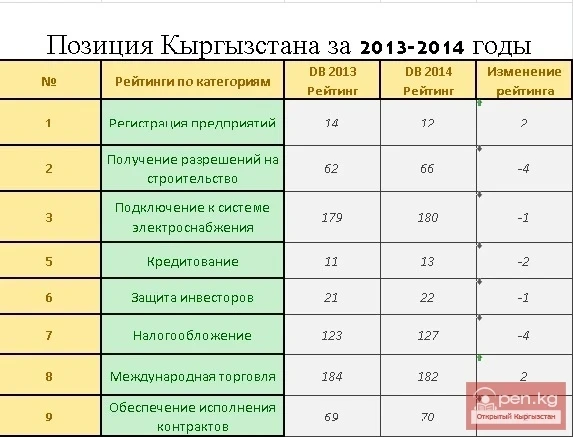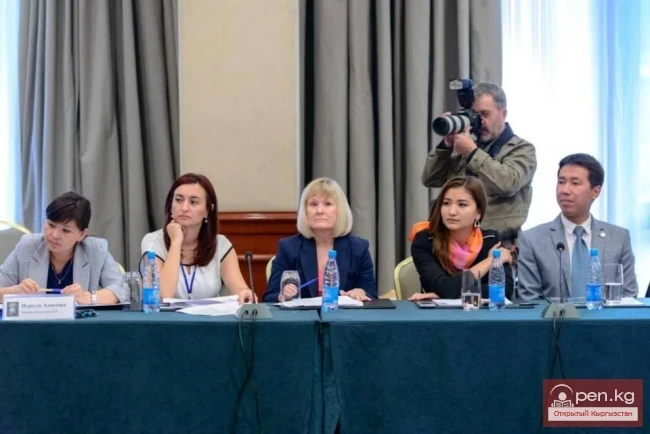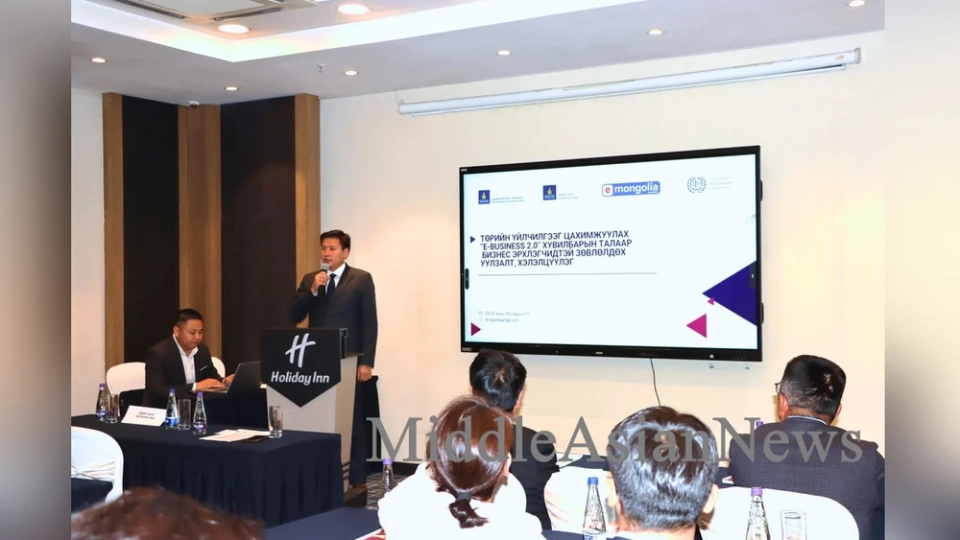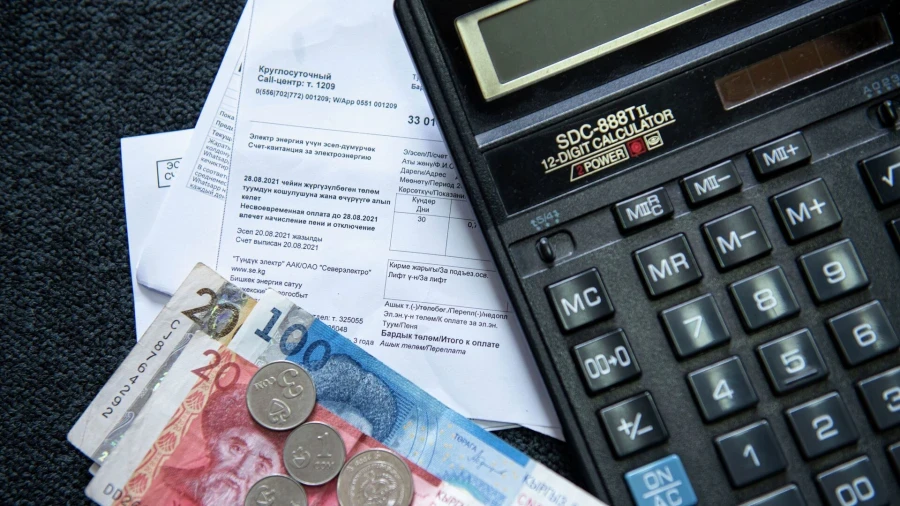Kazakhstani Entrepreneurs Move Production to Kyrgyzstan
The tax reform announced by the government has attracted the attention of both entrepreneurs and experts. Economists have expressed opinions about the possible negative consequences of the reform, particularly on the Orda.kz platform. Among those who spoke out were Almaty businessmen operating under the B2B (business-to-business) model. The main problem for them has become not so much the introduction of VAT, but rather the lowering of the threshold and the ban on B2B offsets.
Now they are required to pay a value-added tax (VAT) of 16% on total turnover, even if their profit is less than 10%. Additionally, they must allocate 20% of their net profit to the budget, which makes the business practically unprofitable. To avoid such tax consequences, they will have to reduce their enterprises to a minimum, making it difficult to employ more than three people.
It is also important to note that it does not matter how much money goes to salaries – everything is taxed. For example, with a turnover of five million and a payroll fund of 4.7 million, VAT will be calculated not on the difference, but on the total turnover, that is, on five million. This results in a situation where, with a net profit of 300 thousand, they need to pay 700 thousand in VAT, putting the business at a loss.
This is the opinion of Zhanna Nursaitova, head of the research agency New Decision Group. She operates under the general taxation regime (GTR), as her services do not allow for the use of a simplified taxation system, and she has contractors working under the simplified system. These small companies do not have individual clients and only work with other businesses.
Typically, such companies have a staff of three to five people and a monthly turnover of up to five million tenge, with 80-90% of their expenses going to labor costs. They usually do not have offices, and employees work remotely. Now they are being offered to switch to the general taxation system, which will require more complex reporting and the necessity to hire an accountant.
Zhanna explains: "If a company has a turnover of 60 million tenge in a year, they will automatically become VAT payers, but the payroll fund is not taken into account. Thus, they will have to pay VAT on the full amount, which makes their business unprofitable." She adds that under such conditions, she will be forced to turn to large companies, which will raise service prices, while small contractors will be on the verge of closure.
Market monopolization
According to Zhanna, this will ultimately lead to market monopolization, and many small enterprises will disappear. She observes a similar situation among her acquaintances from various fields – everyone is refusing small suppliers to avoid complications with taxation. For example, her friend Dinara had a small production and used an individual entrepreneur for product delivery. However, switching to the GTR will mean additional costs, and Dinara has already decided to move production to Kyrgyzstan, as it is more profitable.
Read also:

Upcoming Events for Lawyers from the British Company "Capital Business Events"
Dear Ladies and Gentlemen!...

The Tax Service of Kyrgyzstan explained who should use KKM, ETTN, and ESF
ETTN National taxpayers selling the specified goods must use ETTN during their turnover. This...

In the Doing Business ranking, Kyrgyzstan surpassed Turkey and China.
In the Doing Business-2014 country ranking, Kyrgyzstan took the 68th position, improving its...

Translation of Business to Uzbekistan: What the Kazakhstan Tax Reform Leads To
The expected tax reform in Kazakhstan evokes negative feelings among the population, especially...

The GNS clarified who is required to use KKM, ETTN, and ESF
“These tools create a fair and effective tax system” The State Tax Service of the Kyrgyz Republic...
Who Should Use KKM, ETTN, and ESF. Clarification from the GNS
The State Tax Service has provided clarifications on the use of the electronic waybill (EWT),...
Kyrgyz Tailors in a Deadlock. Deliveries of Goods to Marketplaces Are Becoming Impossible
The tightening of VAT payment controls in Russia is leading to significant delays at the border,...
The Tax Service of the Kyrgyz Republic clarified who should apply KKM, ETTN, and ESF
The Tax Service of the Kyrgyz Republic has provided information on the rules for the use of cash...

The Tax Service of Kyrgyzstan reported on changes in the procedure for entering data into the EFS system.
At the same time, if the taxpayer uses the general tax regime and issues an invoice for goods...

Business Relocation to Uzbekistan: What the Kazakhstan Tax Reform Leads To
The new tax reform being prepared in Kazakhstan is already causing discontent among ordinary...
The State Tax Service of Kyrgyzstan will conduct remote business inspections - without visits and notifications
The Tax Service of Kyrgyzstan has announced the introduction of a new approach to tax control,...

In Russia, there are over 600,000 labor migrants from Kyrgyzstan.
Kyrgyz Migrants Transferred $954 Million from Russia in 2018 In the first five months of 2018, the...

Lawsuits Against Russian Child Blogger Vlad A4 Filed for 386,000 Rubles
Photo from the internet A group of entrepreneurs working in the construction and architecture...
The Cabinet will require businesses to accept payment only by card.
The government of Kyrgyzstan has announced a new mandatory transition to cashless payments, which...
More than 4,000 employees were laid off during the administrative-territorial reform
During the administrative-territorial reform (ATR) in Kyrgyzstan, more than 4,000 municipal...
The GNS explains why the service charge in cafes is listed differently on receipts.
The State Tax Service of the Kyrgyz Republic explained why service charges in restaurants and cafes...
The Federal Tax Service clarified the regulations on cashless payments: cash payments are not being canceled
The State Tax Service (STS) has denied rumors of a complete ban on cash transactions in retail,...

The International Business Council has developed a vision for the development of Kyrgyzstan's economy.
The International Business Council has developed a vision for the development of the Kyrgyz...
The GNS explained why the service charge in cafes is indicated differently on receipts.
The State Tax Service of the Kyrgyz Republic has clarified how information about service charges is...

What Will Happen to Cash in Trade - GNS Commentary
Changes in the Tax and Labor Codes The State Tax Service reported that cash continues to be used...
When the taxpayer must enter purchase data into the EFS system themselves
The State Tax Service reminds that taxpayers using electronic invoices must independently enter...
The benefits of working as a village elder were discussed at the state agency.
In Kyrgyzstan, following the administrative-territorial reform (ATR), the issue of the work of...

Signs can be translated into the state language for free.
You can translate signs into the state language for free. But businessmen do not know about it...

Insatiable Intelligence: How Much Electricity Do Neural Networks Consume
The creation of more complex and large-scale artificial intelligences has become complicated due...
Porsche Automotive Group in Crisis. Company's Profit Falls by 99%
According to information from Carscoops, the company's profit has decreased from 4 billion...
The head of the cabinet highly praised the work of the Tax and Customs Services of Kyrgyzstan
The Chairman of the Cabinet of Ministers of Kyrgyzstan, Adylbek Kasymaliev, spoke positively about...
Russia is fighting against "gray" imports. Goods from Kyrgyz tailors are stuck at the border.
Since the beginning of October, media reports have emerged about a significant increase in the...

Entrepreneurs of Kyrgyzstan Oppose the "Tobacco Hundred Meters"
The business community of Kyrgyzstan is concerned about the possible amendments to the law...
Teachers in Kyrgyzstan will be upgrading their qualifications more often
Teachers in Kyrgyzstan will now be required to update their knowledge and skills more frequently....

The Federal Tax Service clarified the rules for indicating service charges in public catering.
Recently, the State Tax Service of the Kyrgyz Republic presented clarification regarding the ways...
The number of individual entrepreneurs in Kyrgyzstan has increased.
According to the latest analysis by the National Statistics Committee, the number of individual...
What Will Lead to the Budget Deficit of the Kyrgyz Republic in 2028, Forecasted by EFSD Analysts
The Eurasian Fund for Stabilization and Development (EFSD) has presented a medium-term analysis...
OJSC "Airports of Kyrgyzstan" made decisions regarding shares and new aircraft
An extraordinary shareholders' meeting of OJSC "Airports of Kyrgyzstan" took place...
The National Bank commented on the EU sanctions imposed on 2 banks of Kyrgyzstan
The National Bank of Kyrgyzstan reacted to the sanctions imposed by the European Union concerning...
The ranking of the largest companies in Kyrgyzstan for 2024 has been published
The National Statistical Committee presented the results of the ranking based on five key...
Minimum Service Period - 20 Years: Why Kyrgyzstan is Tightening Retirement Rules
Since October 1 of this year, changes have occurred in the pension system of Kyrgyzstan: pensions...
In Kyrgyzstan, penalties and fines will be calculated automatically
A new law has been adopted in Kyrgyzstan, amending the provisions of the Tax Code. Now, the accrual...
Mayor of Osh: The fire in the residential complex is not an accident, but the negligence of the developer
Zhenishbek Toktorbaev, the mayor of Osh, commented on the fire that occurred in a residential...
In Kyrgyzstan, control over foreign operations for large businesses is being tightened
In Kyrgyzstan, there is a tightening of control over large taxpayers and tax agents, especially...
A fire broke out at the "Kök-Sai" market in Bishkek. 5 fire crews are working at the scene.
The fire that broke out at the "Kök-Say" market on Orozbekova Street was caused by a pile...

The ILO supports the development of the new platform e-business.mn in Mongolia
On October 17, 2025, a seminar for large enterprises was held in Mongolia, organized by the...

"Unlimited Electricity Tariffs Have Been in Effect in Kyrgyzstan for Three Years"
Currently, more than 4,500 subscribers are using this service Unlimited electricity tariffs in...
Blue Dogs in Chernobyl Turned Out Not to Be Mutants
Recent photos of blue dogs in the Chernobyl zone have attracted the attention of internet users....

Issyk-Kul Region
The Issyk-Kul Region is located in the eastern part of Kyrgyzstan. It was established on November...
